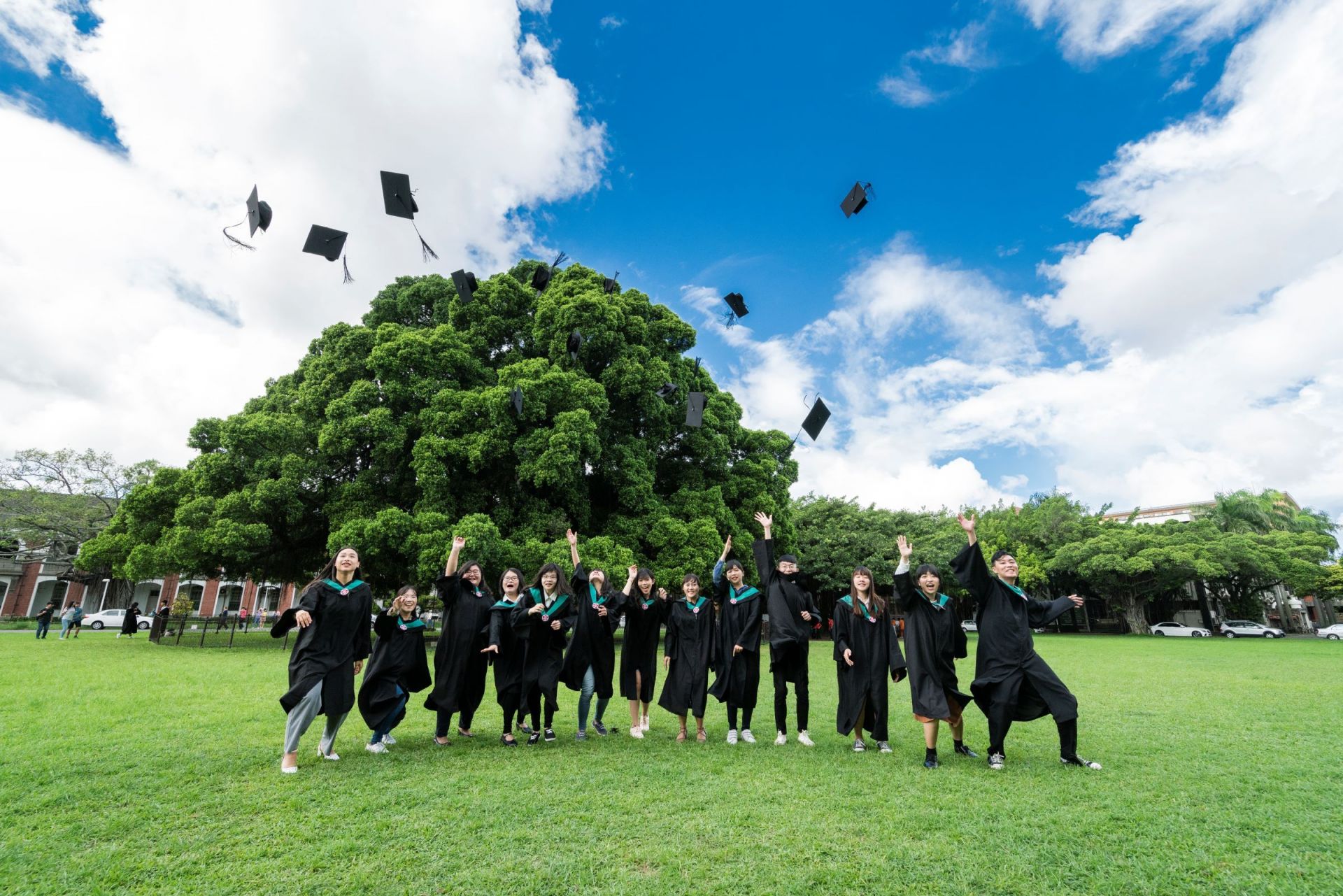SDG4
Students, teachers, and interviewed seniors discuss their insights, perspectives, and recommendations on healthy aging.
The "Accompanying 2026: Mutual Empowerment, Mutual Benefit, Resurgence" (USR) project at National Cheng Kung University (NCKU) not only focuses on the social value of the elderly in Taiwan's super-aged society but also actively engages in international connections. Its cross-national course, "Learning the Path to Healthy Aging in the Community," led 10 students to partner school Chiba University in Japan for a 7-day study and exchange program in February. They also visited Chiba University's CCRC (Continuing Care Retirement Community) and related community research projects in Nagahama Town. Taiwanese and Japanese students engaged in cross-cultural exchange and reflection on shared issues, enhancing learning, foresight, and future-oriented thinking, while also fostering excellent cultural diplomacy.
The course "Learning the Path to Healthy Aging in the Community" ran from February 14th to 22nd, including two days of online exchange sessions and a 7-day study tour in Japan, totaling 60 hours. The course was initiated and planned by Li-Fan Liu, a co-host of "Accompanying 2026," along with Associate Professor Chia-Han Yang from the Institute of Creative Industries, and project assistant Yi-Lin Wang. Ten students from various departments across the university were selected to participate. The course was jointly organized with Chiba University, led by Professor Masayuki Suzuki, Assistant Professor Shota Tajima, and Special Assistant Atsushi Abe, with eight Chiba University students also taking part.
The study tour was divided into two phases. The first phase focused on understanding the theory and empirical research of healthy aging, visiting the "リソルの森" in Nagahama Town. Students stayed at the "リソルの森" to experience the life of the elderly, interviewed three elderly residents, and presented reports on the impact of CCRC on local elderly people's healthy aging. Subsequently, students, teachers, and interviewed elderly people engaged in round table discussions on their experiences, views, and suggestions for healthy aging.
The second phase took place in central Chiba, visiting the reclaimed land development of Chiba Newtown and the NPO office of Chiba University's Professor Suzuki's team, "ちば 地域再生 リサーチ" and meeting with elderly residents of the new town. The course aimed to help students understand the subjective impact of regional development on the well-being of the elderly through conversations with elderly people in urban and rural areas.
During the study tour, Chiba University's team also arranged two lectures on the community's "health house" and the Health Promotion Research Center, introducing how Chiba University promotes the health and aging of local elderly people.
Director Chia-Han Yang led Taiwanese and Japanese students in various workshops, including critical thinking, design thinking, future scenario simulation, using materials from visits and interviews in Nagahama Town and Chiba Newtown to brainstorm and contemplate the life of healthy aging in their later years.
NCKU stated that students completing this course could earn 2 credits at NCKU and a certificate of completion from Chiba University. Both Taiwan and Japan are aging societies, and through this cross-national exchange program, students from both sides learn and discuss aging-related issues together, contributing positively to addressing community aging and actively constructing a society of healthy aging.
The course "Learning the Path to Healthy Aging in the Community" ran from February 14th to 22nd, including two days of online exchange sessions and a 7-day study tour in Japan, totaling 60 hours. The course was initiated and planned by Li-Fan Liu, a co-host of "Accompanying 2026," along with Associate Professor Chia-Han Yang from the Institute of Creative Industries, and project assistant Yi-Lin Wang. Ten students from various departments across the university were selected to participate. The course was jointly organized with Chiba University, led by Professor Masayuki Suzuki, Assistant Professor Shota Tajima, and Special Assistant Atsushi Abe, with eight Chiba University students also taking part.
The study tour was divided into two phases. The first phase focused on understanding the theory and empirical research of healthy aging, visiting the "リソルの森" in Nagahama Town. Students stayed at the "リソルの森" to experience the life of the elderly, interviewed three elderly residents, and presented reports on the impact of CCRC on local elderly people's healthy aging. Subsequently, students, teachers, and interviewed elderly people engaged in round table discussions on their experiences, views, and suggestions for healthy aging.
The second phase took place in central Chiba, visiting the reclaimed land development of Chiba Newtown and the NPO office of Chiba University's Professor Suzuki's team, "ちば 地域再生 リサーチ" and meeting with elderly residents of the new town. The course aimed to help students understand the subjective impact of regional development on the well-being of the elderly through conversations with elderly people in urban and rural areas.
During the study tour, Chiba University's team also arranged two lectures on the community's "health house" and the Health Promotion Research Center, introducing how Chiba University promotes the health and aging of local elderly people.
Director Chia-Han Yang led Taiwanese and Japanese students in various workshops, including critical thinking, design thinking, future scenario simulation, using materials from visits and interviews in Nagahama Town and Chiba Newtown to brainstorm and contemplate the life of healthy aging in their later years.
NCKU stated that students completing this course could earn 2 credits at NCKU and a certificate of completion from Chiba University. Both Taiwan and Japan are aging societies, and through this cross-national exchange program, students from both sides learn and discuss aging-related issues together, contributing positively to addressing community aging and actively constructing a society of healthy aging.
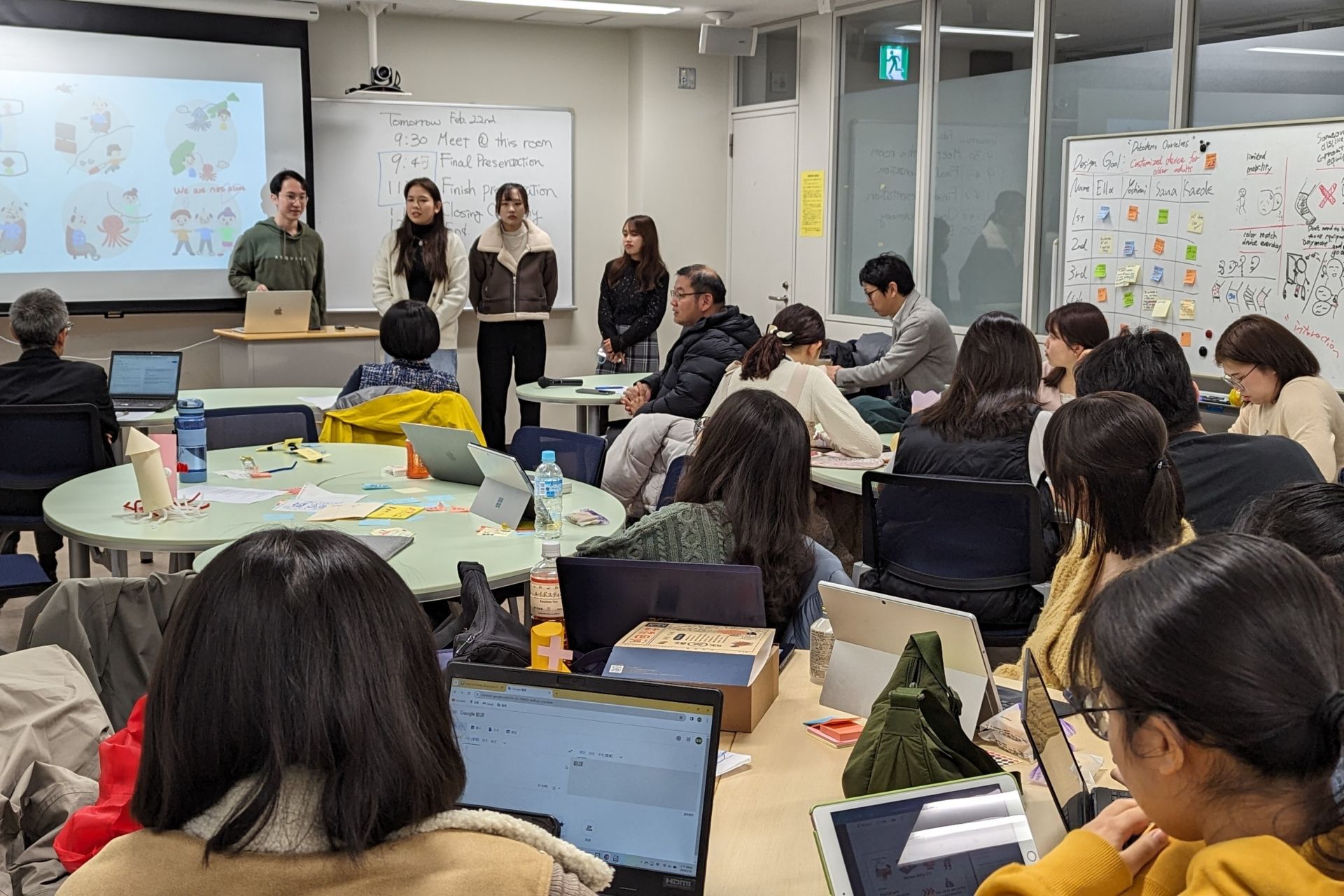
Taiwanese and Japanese students engage in cross-cultural exchange and reflection on common issues related to elderly individuals in the super-aged society.
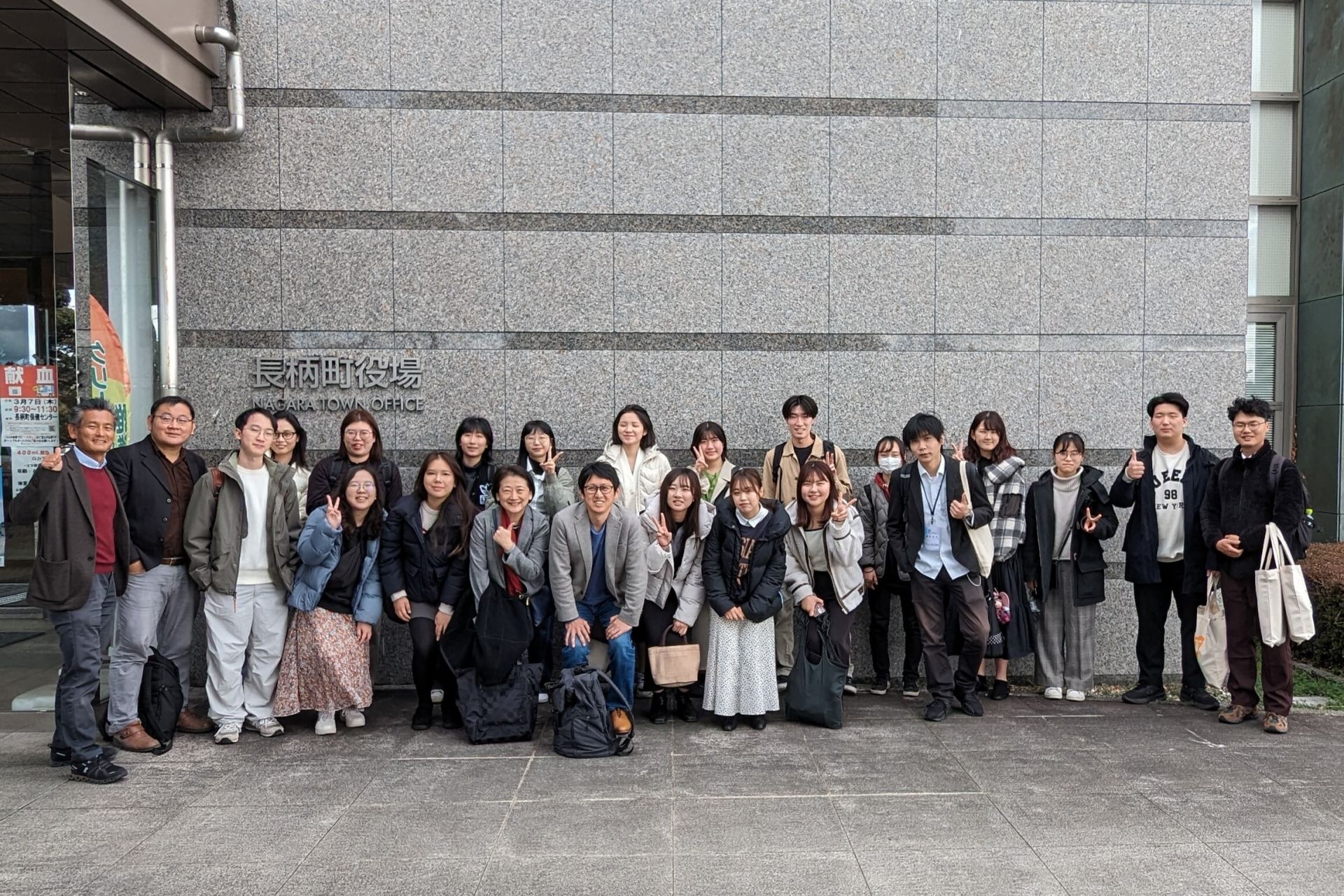
Group photo.
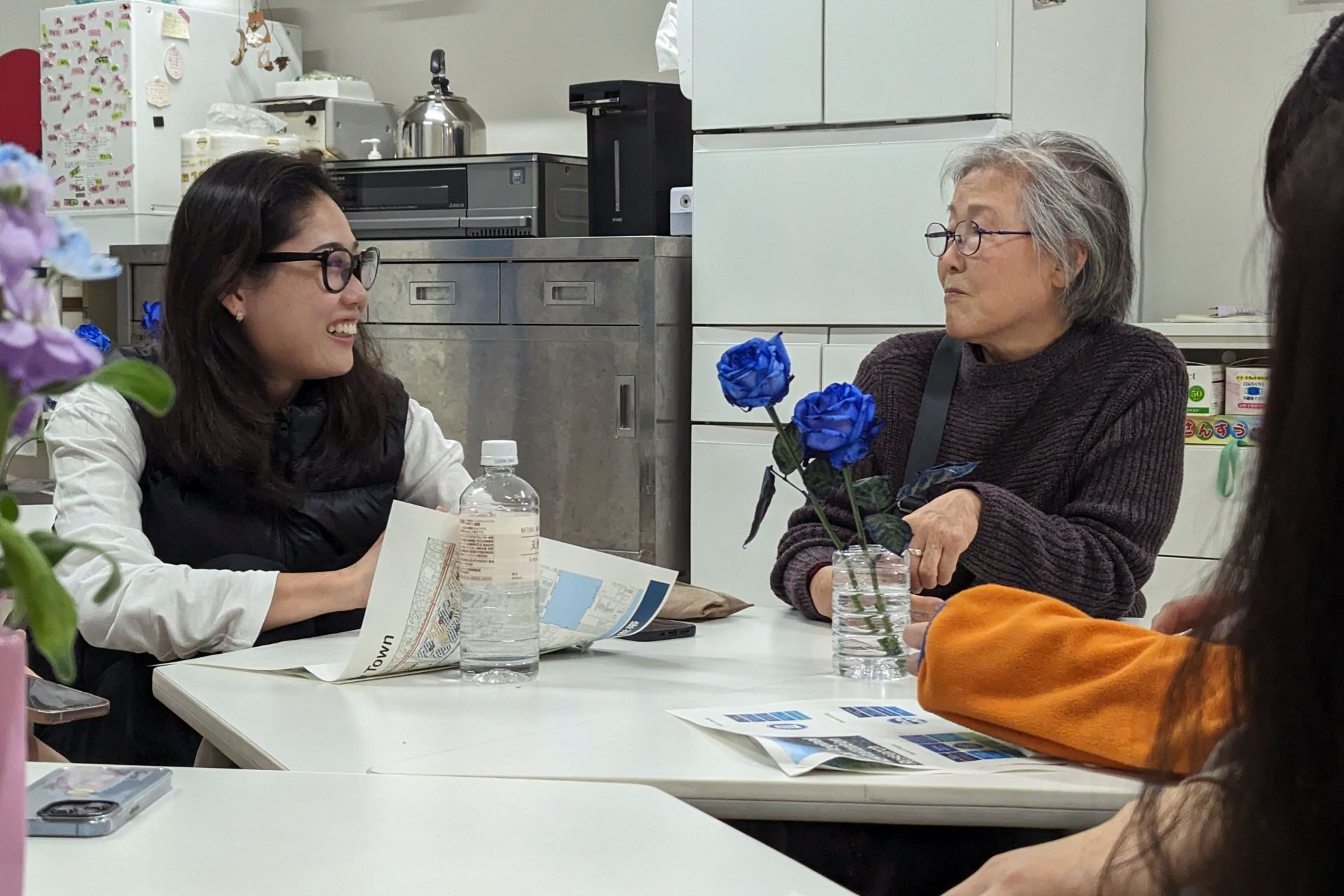
Elderly individuals participate in interviews conducted by students.
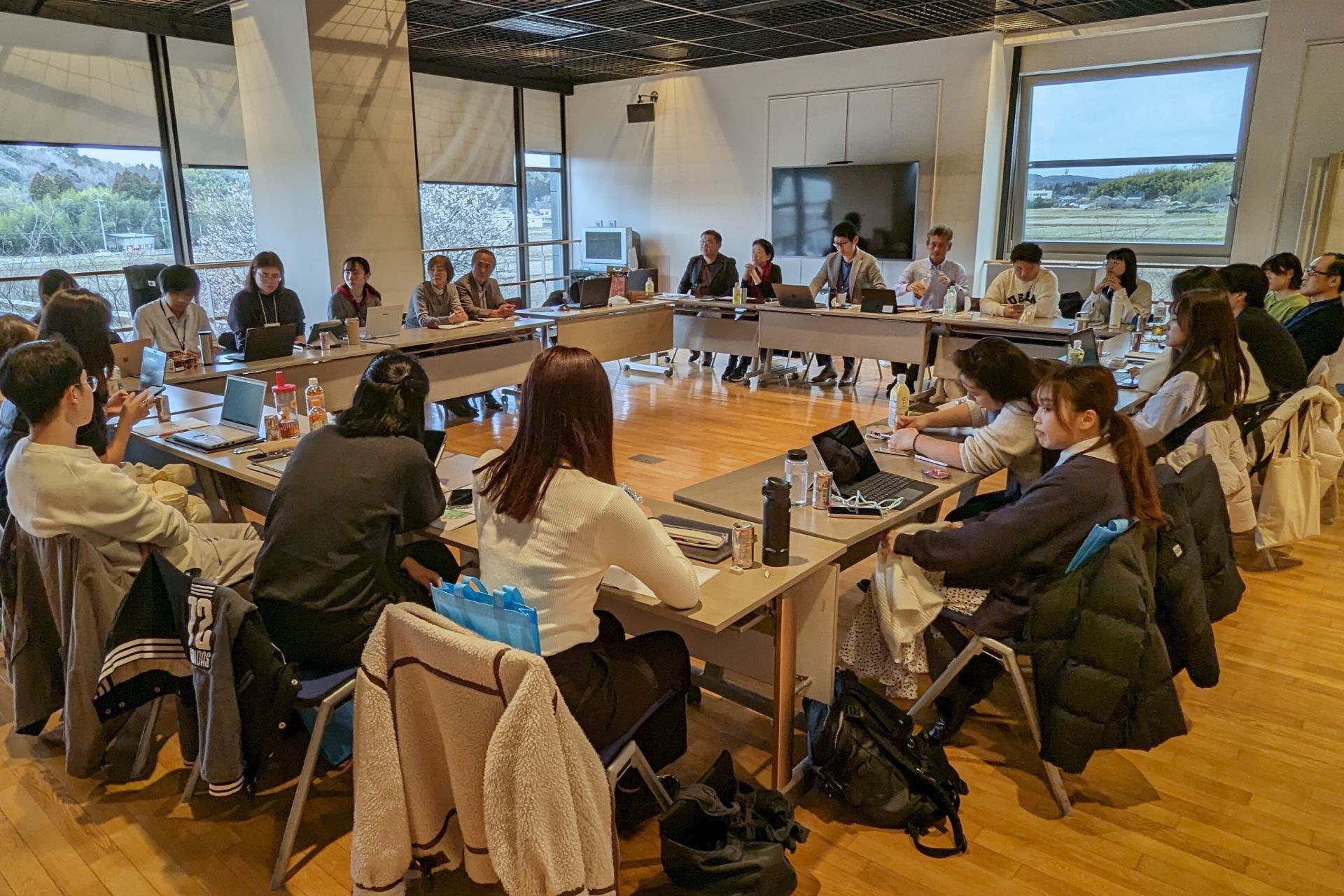
Students, teachers, and interviewed seniors discuss their insights, perspectives, and recommendations on healthy aging.
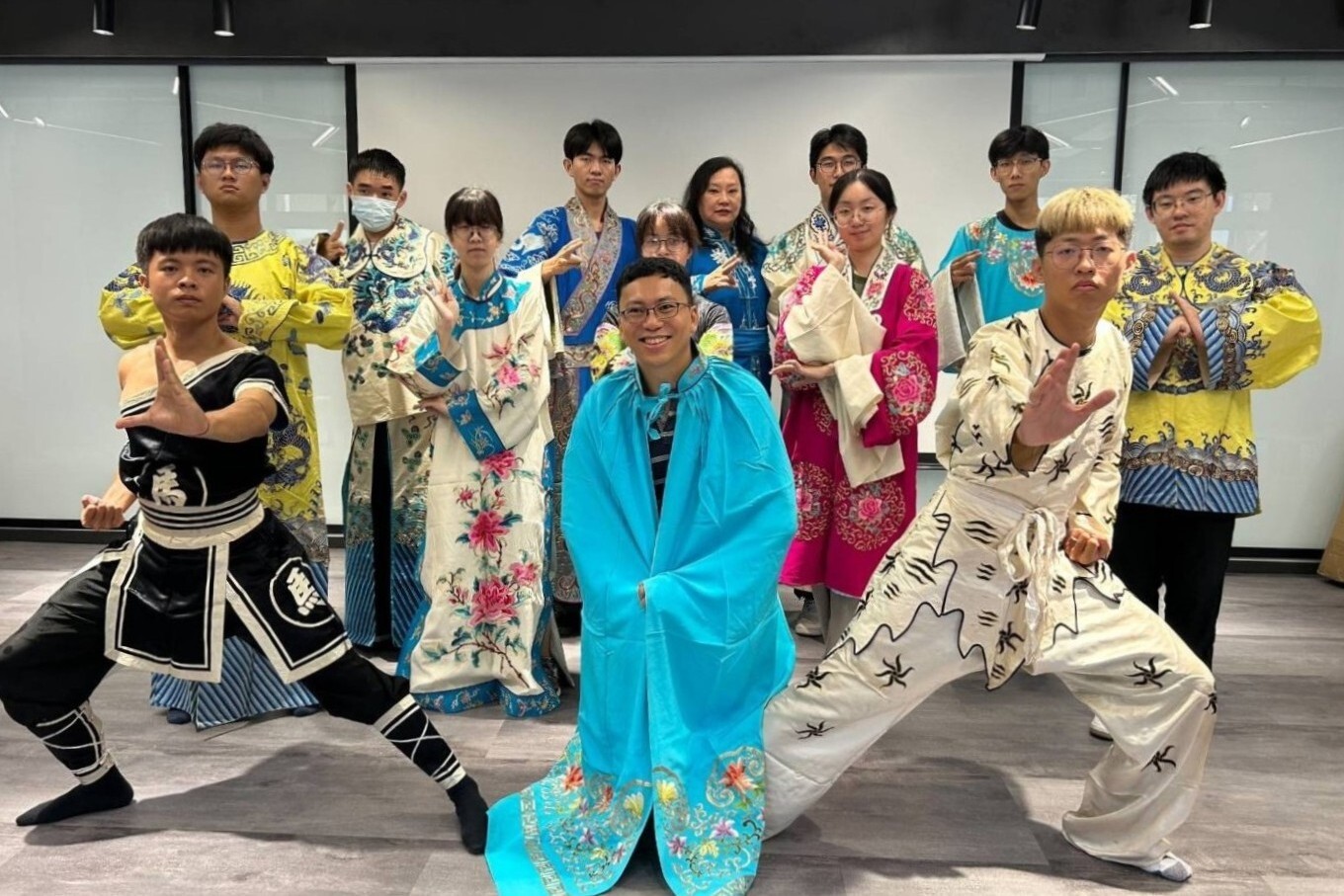
SDG4NCKU Launches Modular Course Integrating Psychology and Traditional Chinese Opera to Foster Humanistic Insight
View more
SDG4NCKU Teacher Education Center Conducts U.S. Teaching Practicum — 8 Student Teachers Gain Multicultural Experience
View more